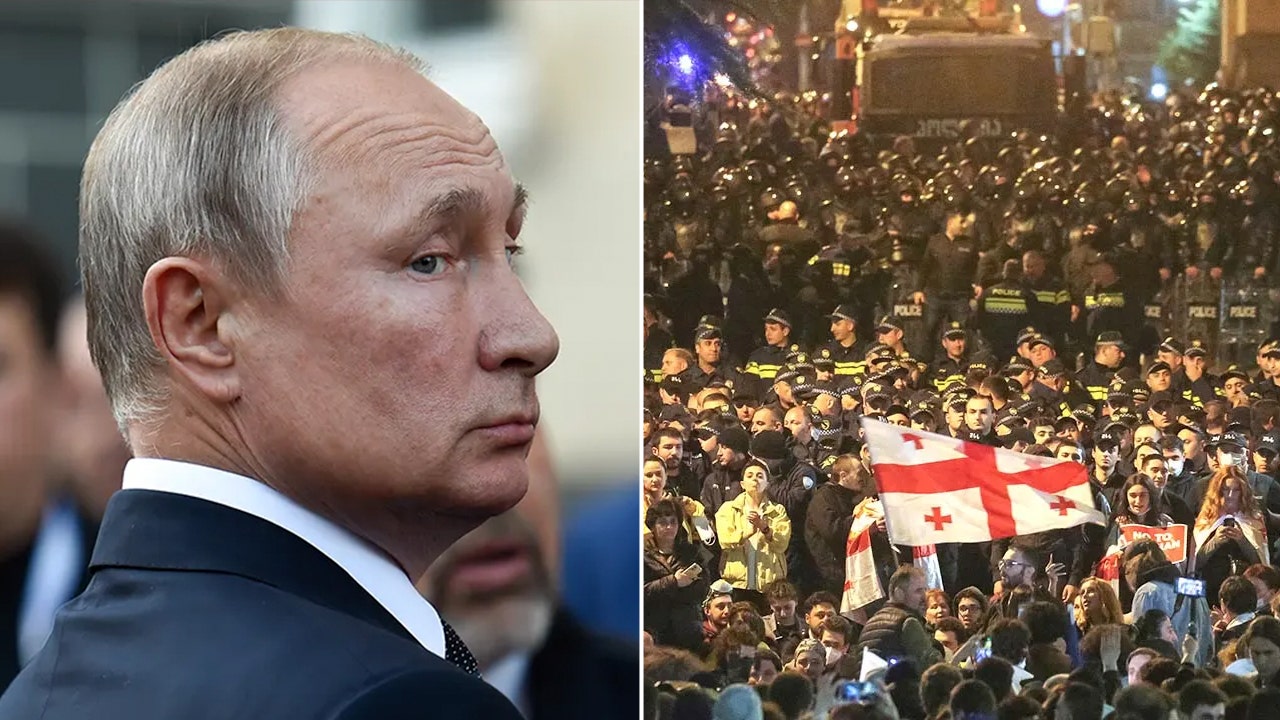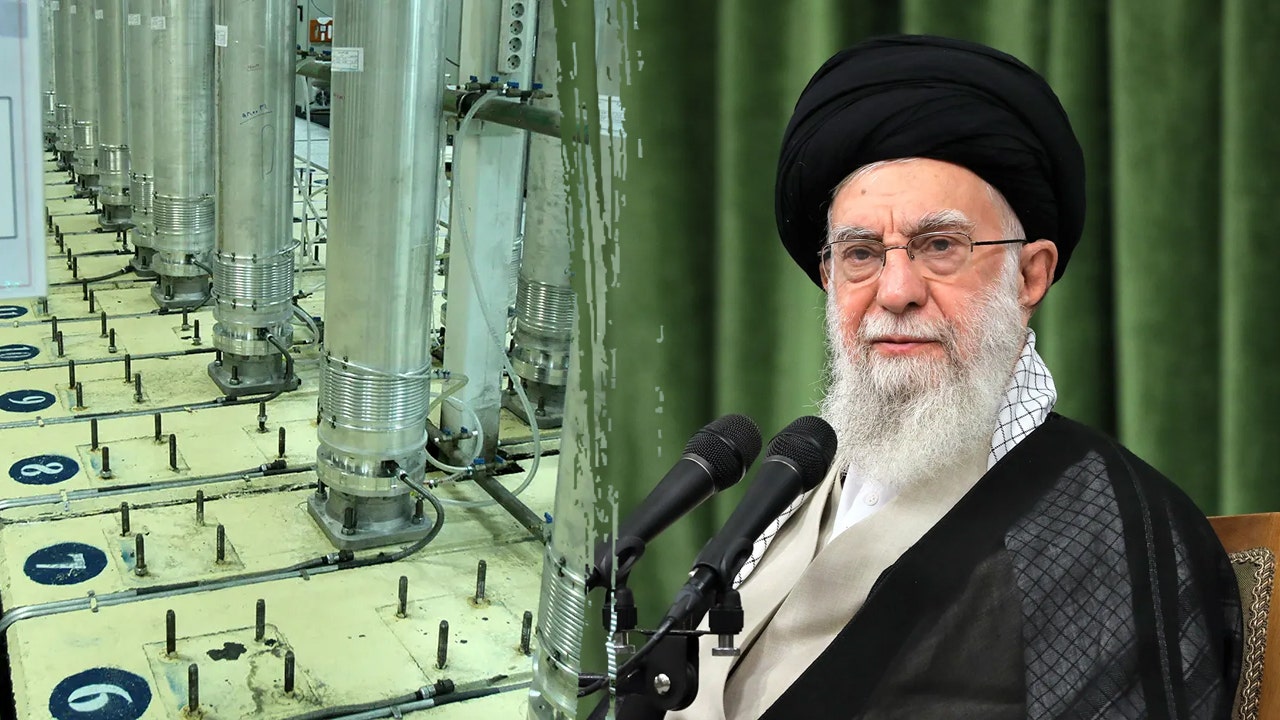“An Israeli offensive in Rafah would mean more civilian suffering and deaths. The consequences would be devastating for 1.4 million people,” wrote the UN agency for Palestinian refugees, UNRWA, in a post on X. “UNRWA is not evacuating: the agency will maintain a presence in Rafah as long as possible and will continue providing lifesaving aid to people.”
Children on ‘edge of survival’
Echoing that alert, the UN Children’s Fund (UNICEF) warned that “a military besiegement and ground incursion in Rafah would pose catastrophic risks to the 600,000 children” sheltering there.
Many “are highly vulnerable and at the edge of survival”, the UN agency said in a statement, highlighting increased violence in Rafah and the fact that potential evacuation corridors were “likely mined or littered with unexploded ordnance”.
Any military move on Rafah will likely result in very high civilian casualties while also destroying “the few remaining basic services and infrastructure” that people need to survive, UNICEF insisted.
“Hundreds of thousands of children who are now cramped into Rafah are injured, sick, malnourished, traumatized, or living with disabilities,” said UNICEF Executive Director Catherine Russell. “Many have been displaced multiple times, and have lost homes, parents and loved ones. They need to be protected along with the remaining services that they rely on, including medical facilities and shelter.”
Full-blown famine call
In a related development, the head of the UN World Food Programme (WFP) said that northern Gaza is now experiencing “full-blown famine…and it’s moving its way south”.
Cindy McCain’s remarks on Sunday echoed serious and repeated concerns from other senior UN officials and the international community about aid restrictions and delays imposed by Israeli authorities.
“The Israeli Authorities continue to deny humanitarian access to the United Nations,” insisted UNRWA chief Philippe Lazzarini. “Only in the past two weeks, we have recorded 10 incidents involving shooting at convoys, arrests of UN staff including bullying, stripping them naked, threats with arms and long delays at checkpoints forcing convoys to move during the dark or abort,” he said in a post on X on Sunday.
The UNRWA Commissioner-General also condemned rocket attacks on Kerem Shalom crossing which reportedly killed three Israeli soldiers, leading to its closure. The crossing is a key humanitarian relief entry point.
‘Al Mawasi is not safe’
According to media reports, leaflet drops by the Israeli military above eastern Rafah advised communities to move to the so-called safe zone of Al Mawasi, to the west of Rafah, by the Mediterranean Sea.
UN humanitarians have previously rejected similar evacuation initiatives by the Israeli military on the grounds that they represent forced displacement.
“In Al Mawasi, there is a severe lack of sufficient infrastructure including water available and it is not feasible to support tens of thousands of displaced people there,” UNRWA communications officer in Gaza Louise Wateridge told UN News.
More than 400,000 people already shelter in the coastal location, according to the UN agency’s latest assessment, which reported an influx of displaced persons from nearby city of Khan Younis. To help them, UNRWA has two temporary health centres in Al Mawasi, along with other newly established medical points in the area.
“Unlike claims (to the contrary), it is far from safe, because nowhere is safe in Gaza,” insisted UNRWA spokesperson Juliette Touma.
Since 7 October when Hamas-led terror attacks on southern Israel prompted massive Israeli bombardment and a ground offensive, at least 34,680 Palestinians have been killed – including over 14,000 children – and over 78,000 wounded, according to the Gazan health authorities. Some 1,250 people were killed in southern Israeli communities and more than 250 were taken hostage.





